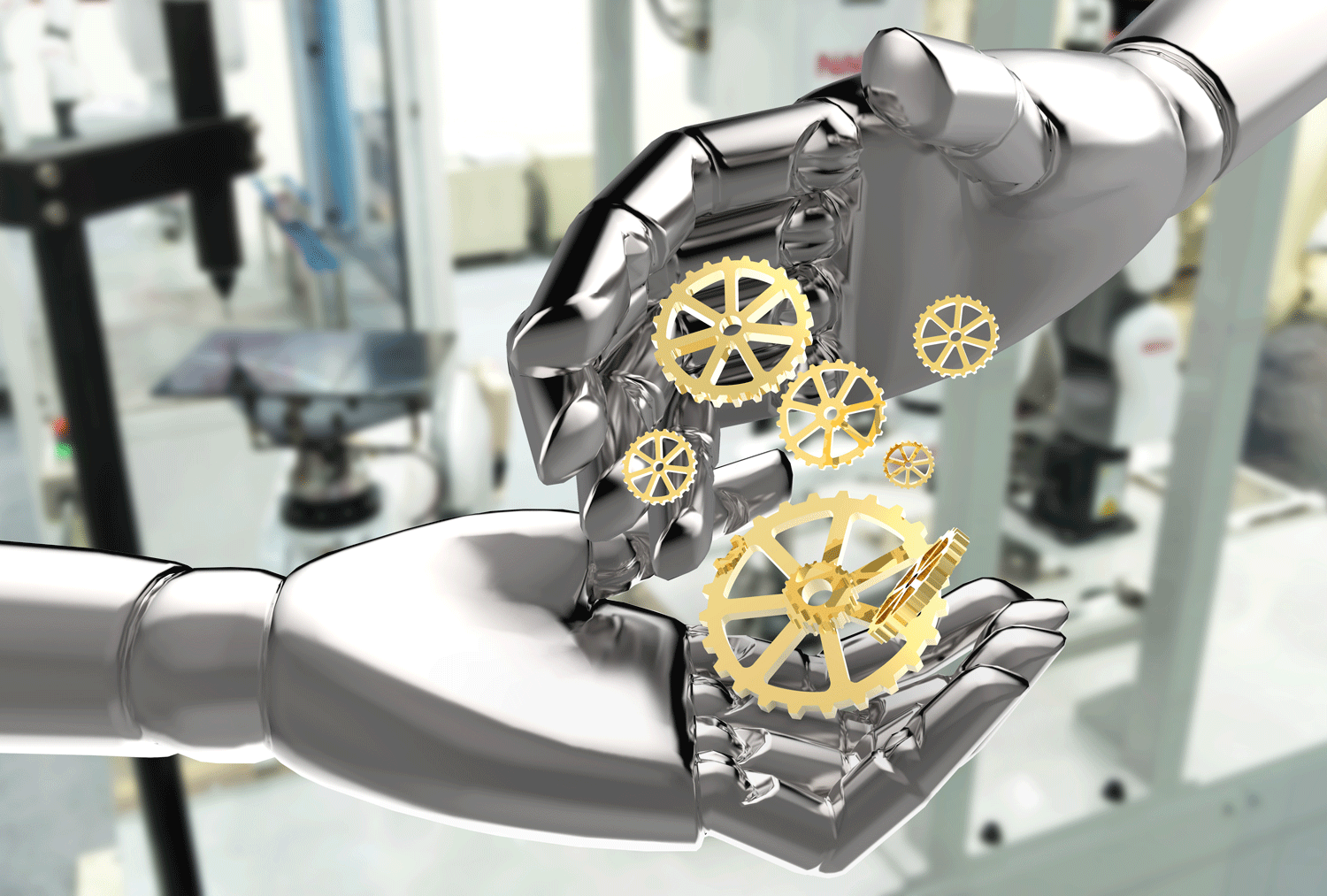

Industry 4.0, also known as the Fourth Industrial Revolution or 4IR, is in full swing, altering the way we live, work and ultimately do business.
Characterised by a range of new technologies that are fusing physical, digital and biological worlds, the impact is being felt by all disciplines, economies and industries. Such disruptive technologies continue to pose challenges for businesses worldwide, and firms must constantly adapt to remain competitive.
Family businesses are not immune to these developments, and they too need to harness the potential advantages, as well as mitigate against the potential threats. While family firms have traditionally been renowned for their ability to act fast and adapt to changing market forces, the reactive approach that has been commonly employed among GCC family businesses may no longer suffice.
Whereas in the past, large empires and family estates equated to power and success – giving large business families opportunities not available to those without the funds – recent developments prove that financial wealth is no longer a prerequisite to business success.
We live in an era where companies dominate their respective industries without owning any tangible assets. Uber, the world’s largest taxi company, does not own any vehicles; Airbnb, the world’s largest accommodation provider, does not own any real estate; and Facebook, the world’s most popular media owner, does not create any content.
Family businesses have traditionally relied on their strong asset bases, long-standing relationships with customers and stakeholders, and well-established brands and reputations, but startups are challenging this traditional approach by being agile and innovative, and by taking risks. This is where traditional family businesses may begin to be detrimentally impacted.
Riding the wave
The question family businesses need to ask is how they too can capitalise on industry 4.0 and ride this transformational wave. The term, of course, means different things to different people, and impacts individuals and businesses in various ways. There is a tendency to brush it aside as a manufacturing revolution, or perhaps a technological myth or aspiration, but it is a reality that we all need to embrace in every aspect of our lives.
From a business perspective, new outcomes are likely to emerge from the integration of digital and physical technologies in Industry 4.0. These outcomes are summarised below.
Key impacts of Industry 4.0 at the organisational level

Established family businesses in the Middle East are in a position to realise countless benefits from the changes that are occurring. As global powerhouses and a force to be reckoned with, they have an unparalleled opportunity in terms of business growth by virtue of their positions in the local and international markets.
New paradigm
‘Co-opetition’, in particular, is a concept that family businesses need to embrace. Identifying relevant global players and building platforms to localise technology and expertise is crucial to sustainable industrialisation and knowledge transfer, essentially allowing family businesses to be part of the movement. Business-owning families in the Middle East have the capabilities to collaborate with, or invest in startups, with plentiful opportunities for synergies and lasting growth.
The survival of the family owned business model as we know it today is under greater threat than ever before. In order to remain sustainable and successful, businesses must rapidly adapt to this new paradigm, adequately assessing their threats and risks. There is no room for complacency in this new era.
Family businesses need to get ahead of the curve, anticipate and account for disruption, and adequately equip themselves with the necessary tools to face the disruption of this Fourth Industrial Revolution. Their challenge as the backbone of the local economy is to use disruptive technology to benefit society as a whole.
Insurance policy
Successful family businesses are renowned for their long-term view, their activeness in carrying out effective succession planning, and implementing bespoke governance systems and policies at both the family and business level. Addressing these elements, and placing Industry 4.0 on the family business agenda, will serve as an insurance policy to protect these businesses, and ensure their security and sustainability for years to come.
What’s more, by being part of the digitalisation movement, the region and its business-owning families can become leading global players in this new era.
About the authors
|
You might also like...

Rainmaking in the world economy
19 April 2024

Oman receives Madha industrial city tender prices
19 April 2024

Neom seeks to raise funds in $1.3bn sukuk sale
19 April 2024

Saudi firm advances Neutral Zone real estate plans
19 April 2024
A MEED Subscription...
Subscribe or upgrade your current MEED.com package to support your strategic planning with the MENA region’s best source of business information. Proceed to our online shop below to find out more about the features in each package.





